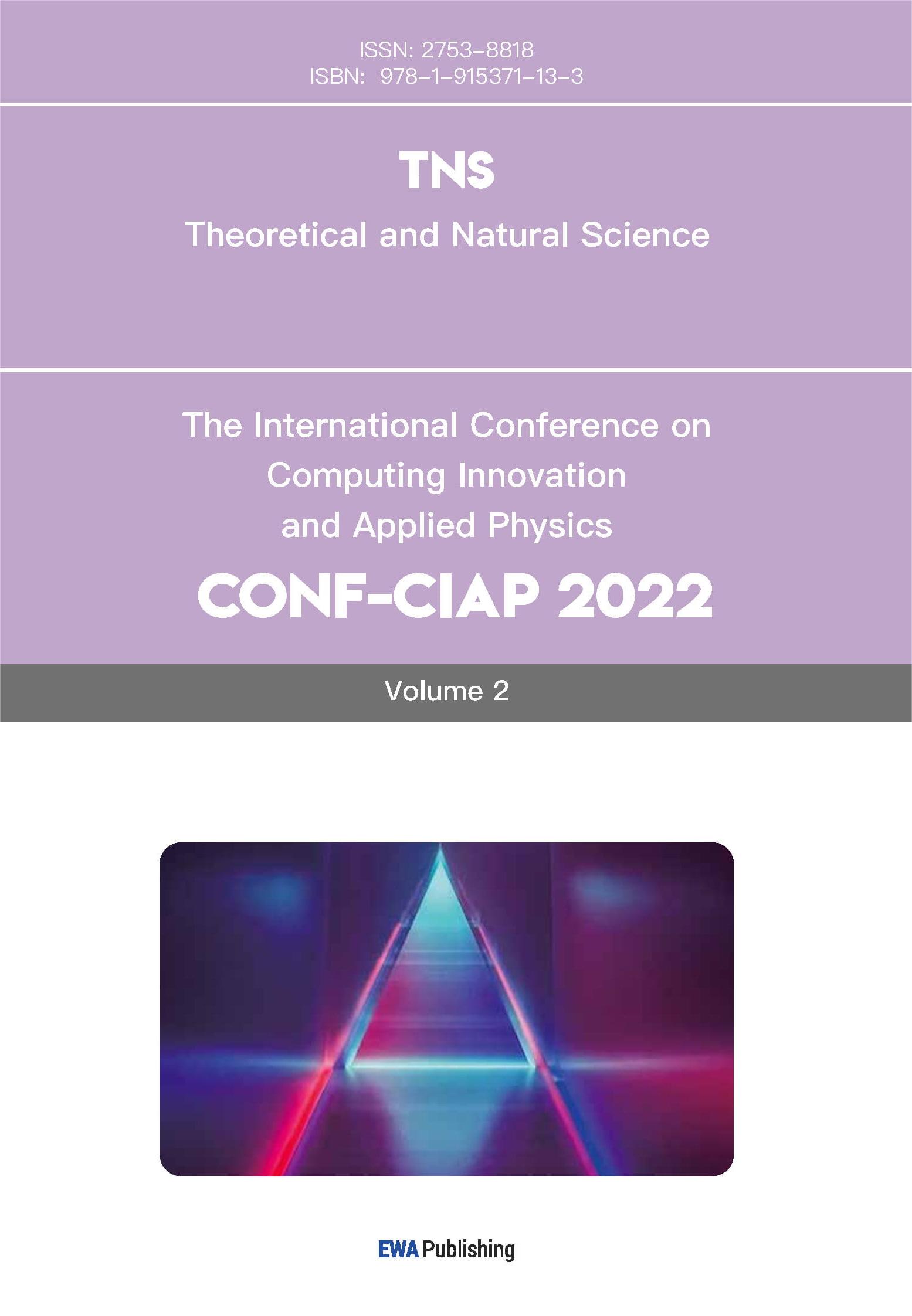References
[1]. López-Otín, C., Blasco, M. A., Partridge, L., Serrano, M., & Kroemer, G. (2013). The hallmarks of aging. Cell, 153(6), 1194–1217. https: //doi.org/10.1016/j.cell.2013.05.039
[2]. Guo, J., Huang, X., Dou, L., et al. (2022). Aging and aging-related diseases: From molecular mechanisms to interventions and treatments. Signal Transduction and Targeted Therapy, 7, 391. https: //doi.org/10.1038/s41392-022-01251-0
[3]. Levine, M. E., Lu, A. T., Chen, B. H., et al. (2016). Menopause accelerates biological aging. PNAS, 113(33), 9327–9332. https: //doi.org/10.1073/pnas.1604558113
[4]. Yang, X. X., Zhao, M. M., He, Y. F., et al. (2022). Facial skin aging stages in Chinese females. Frontiers in Medicine, 9, 870926. https: //doi.org/10.3389/fmed.2022.870926
[5]. Sen, P., Shah, P. P., Nativio, R., & Berger, S. L. (2016). Epigenetic mechanisms of longevity and aging. Cell, 166(4), 822–839. https: //doi.org/10.1016/j.cell.2016.07.050
[6]. Epel, E. S., Blackburn, E. H., Lin, J., et al. (2004). Accelerated telomere shortening in response to life stress. PNAS, 101(49), 17312–17315. https: //doi.org/10.1073/pnas.0407162101
[7]. Levy BR, Myers LM. Preventive health behaviors influenced by self-perceptions of aging. Prev Med. 2004 Sep; 39(3): 625-9. doi: 10.1016/j.ypmed.2004.02.029. PMID: 15313104.



